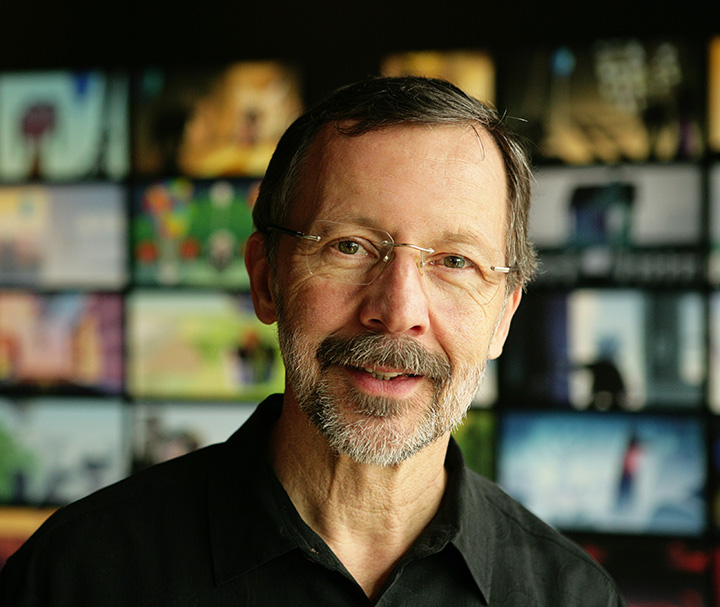
Disney Studio head and Pixar co-founder Ed Catmull appeared at the Strategic Execution 2014 Conference in Santa Clara, California on Tuesday to share his highly successful management philosophy and memories of a lengthy partnership with Apple's Steve Jobs that dramatically reshaped how animated films are made today.
Catmull's appearance as a keynote speaker for the conference's second annual gathering (organized and run by the Stanford Center for Professional Development), provided new insights from a man whose career has taken him from creating the earliest Internet systems to winning five Academy Awards for pioneering movies while enduring numerous failures and setbacks along the way.
"If you have a failure, you move forward," said Catmull. "People see that and it becomes part of the company culture."
Much of Catmull's management philosophy has been complied in a newly published book - "Creativity, Inc." His approach was formed in the 1960s when he was fortunate to join a computer science program at the University of Utah. It was there that he and fellow graduate students Jim Clark (who later founded Silicon Graphics and Netscape) and John Warnock (Adobe's founder) worked on ARPA (Advanced Research Projects Agency), a grant-supported forerunner of the system that became the Internet.
"The underlying principle was let's fund smart students all over the U.S.," Catmull recalled. "I recognized that we were in a special place at a special time."
As Catmull began to create advanced tools for computer animation, he caught the attention of a young California filmmaker named George Lucas. It was at Lucasfilm in the late 1970s and early 1980s that Catmull developed a basic management philosophy grounded as much in humility as it was in the confidence to make decisions.
"I had a feeling that two thirds of my ideas were correct and about one third were a crock," said Catmull.
Lucasfilm spun off its digital division in 1986 and renamed it Pixar. Apple co-founder Steve Jobs was an investor.
"Steve made a number of big mistakes and key overreaches," Catmull recalled. "But he was always passionate about what we were doing."
According to Catmull, Jobs told him one day that his passion for Pixar stemmed from the opportunity to build a lasting legacy. Catmull said that Jobs explained his interest as based on a belief that "a hundred years from now, Apple computers will just be landfill, but Pixar's films will still be watched."
Building that legacy required buying into a company philosophy which required "candor" at all levels and a willingness to always share what you truly believe. Catmull's watershed moment in this area came early in his career leading Pixar when his directors were looking at reels of a film where the main character was a "cookie-selling girl scout who was a zombie serial killer."
Everyone thought the idea was terrible, but no one would tell Catmull that in the meeting. When the Pixar founder discovered this, he called all the participants together again the next day and calmly explained how this approach could not continue.
"I told them that if they ever pulled this stunt again, we'd have to fold the studio," said Catmull. "We could not survive."
As history showed, Pixar has survived quite well. In addition to the wildly successful Toy Story series, other films such as Finding Nemo and The Incredibles have achieved box office success. But Catmull and his team have also shown a distinct willingness to embrace what he calls "concepts that seem like an odd idea."
Embracing the "odd" required a willingness to ignore whether a film will be a huge financial success, but could still appeal to audiences around the globe. This led to Pixar's backing of a film like Up that included an elderly man who floats around the world when he ties helium filled balloons to his small home.
A willingness to ignore mass merchandizing opportunities is what sets the animation studio apart from others. "You will never sell a lot of toy walkers," joked Catmull about the elderly character in Up. "But if that's all we did, we would lose our souls."
"Art is not about drawing, it's about seeing," Catmull told the gathering. Based on an impressive, pioneering career in technology and film, it appears that Catmull is seeing the world pretty well.














